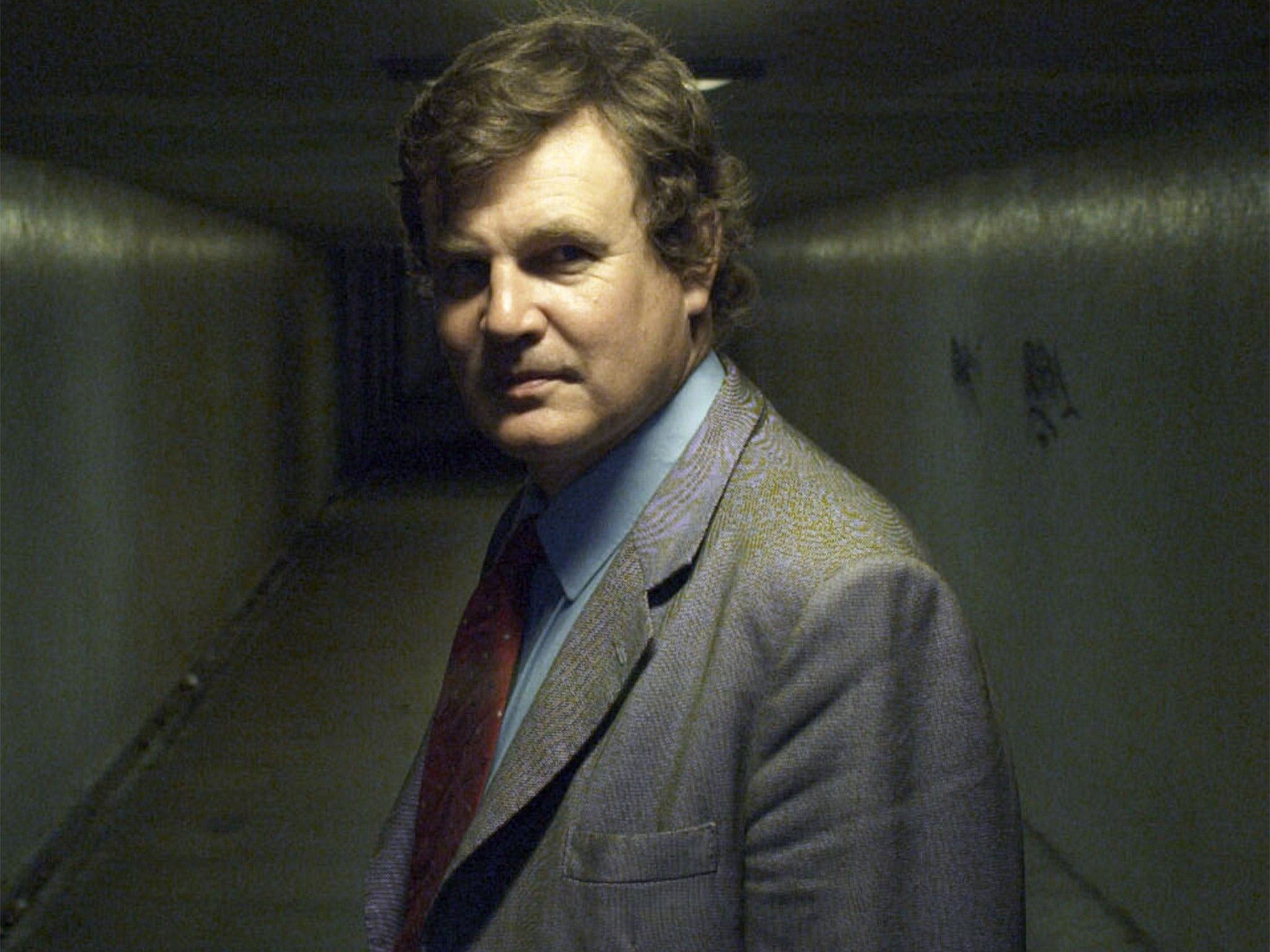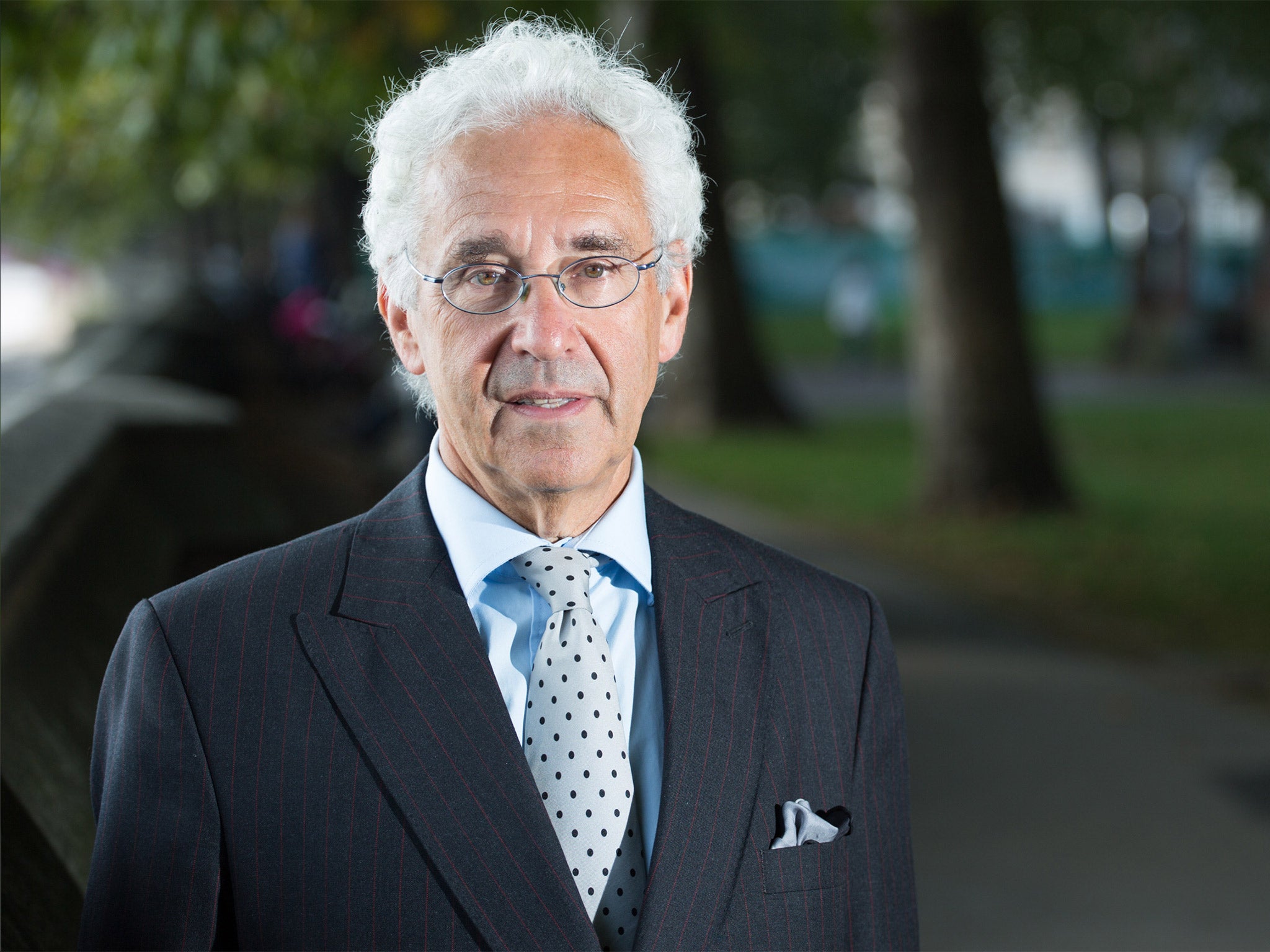Peter Oborne: Press regulator to investigate Daily Telegraph
Oborne accused the Telegraph of refusing to run stories about the scandal enveloping HSBC because of concerns over advertising

Your support helps us to tell the story
From reproductive rights to climate change to Big Tech, The Independent is on the ground when the story is developing. Whether it's investigating the financials of Elon Musk's pro-Trump PAC or producing our latest documentary, 'The A Word', which shines a light on the American women fighting for reproductive rights, we know how important it is to parse out the facts from the messaging.
At such a critical moment in US history, we need reporters on the ground. Your donation allows us to keep sending journalists to speak to both sides of the story.
The Independent is trusted by Americans across the entire political spectrum. And unlike many other quality news outlets, we choose not to lock Americans out of our reporting and analysis with paywalls. We believe quality journalism should be available to everyone, paid for by those who can afford it.
Your support makes all the difference.Britain’s press regulator will examine claims that the Daily Telegraph allowed commercial pressures to dictate editorial decisions, its chairman has confirmed.
Sir Alan Moses, the head of the Independent Press Standards Organisation (Ipso), said Peter Oborne’s dramatic resignation as the Telegraph’s chief political commentator over its alleged lack of coverage of the HSBC tax evasion scandal highlighted the “fundamental importance of credibility” among the press.
He told MPs on the House of Commons culture, media and sport select committee that the regulator was seeking to get information from Mr Oborne, the Telegraph and others with the aim of creating a “meaningful rule within a code” on editorial independence.
However, Sir Alan added that it would be hard to enforce a separation between commercial interests and editorial judgment.

“It is very difficult to devise a rule which says ‘you are in breach if you fail to publish something’,” he said.
In his lengthy resignation letter, published online last week, Mr Oborne accused the Telegraph of refusing to run stories about the scandal enveloping HSBC because of concerns over advertising, accusing the paper’s management of perpetrating a “fraud on its readers”.
In response, his former employer issued a statement saying that the “distinction between advertising and our award-winning editorial operation has always been fundamental to our business”, adding: “We utterly refute any allegation to the contrary.”

Sir Alan said that while Ipso had not received any official complaints in the wake of Mr Oborne’s resignation, the potential blurring of lines between advertising and editorial content was an issue the regulator “should look at”.
A spokesman for Ipso said the concerns would be discussed at a meeting next month. “There have been no complaints to Ipso regarding the HSBC, Oborne and Telegraph story. However, the Ipso board have agreed to discuss the issues raised at its next meeting in March,” he said.
Join our commenting forum
Join thought-provoking conversations, follow other Independent readers and see their replies
Comments